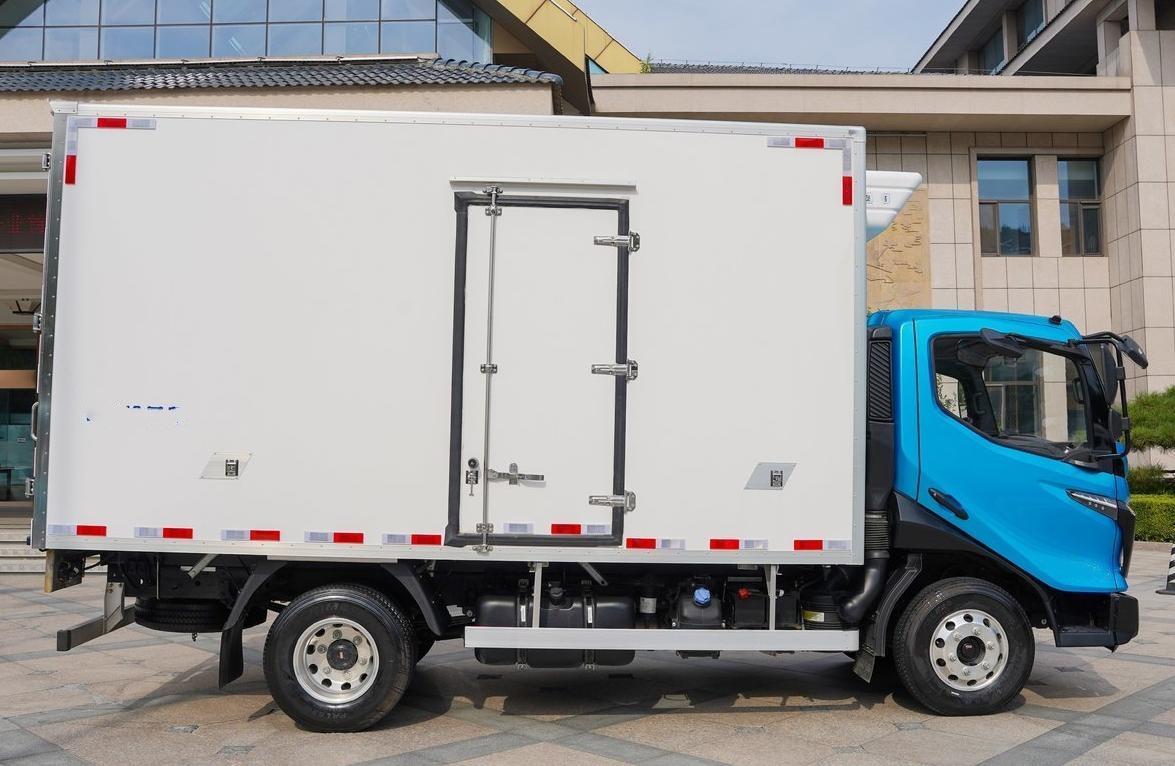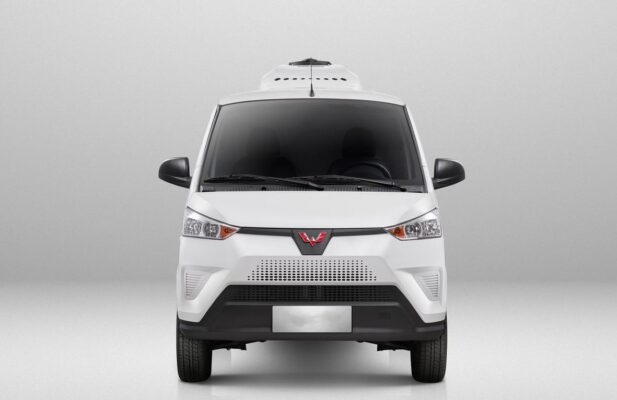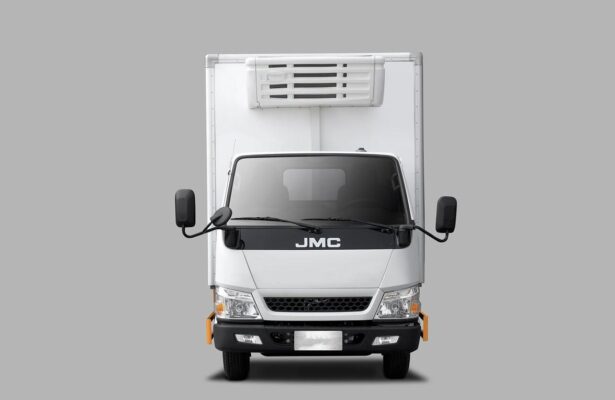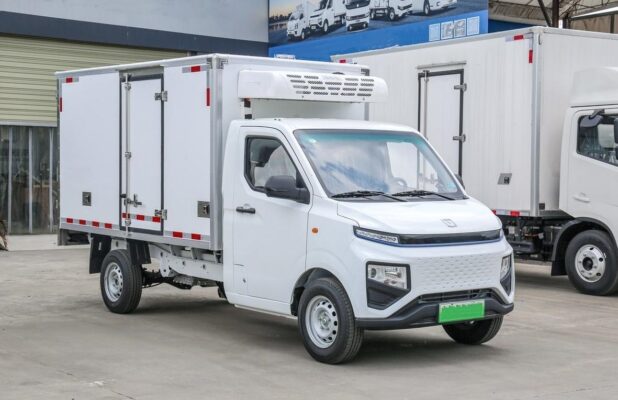Electric Truck News
Why is the Heart of an Electric Pickup the Electric Motor?
As society becomes increasingly aware of the importance of sustainable transportation, electric pickups have emerged as a leading solution. These vehicles represent a significant departure from traditional internal combustion engine (ICE) vehicles, primarily because they rely on electric motors as their fundamental power source. The question arises: why is the electric motor considered the heart of electric pickups? This article will explore the unique advantages of electric motors, their operational principles, the types used in electric pickups, and the future of this technology.
The Importance of Electric Motors in Electric Pickups
1. Efficiency in Energy Conversion
At the core of electric pickups’ performance is the electric motor, which efficiently converts electrical energy into mechanical energy. This conversion process is crucial for powering the vehicle, and electric motors excel in this area.
- High Energy Utilization: Compared to traditional ICEs, which can lose a significant portion of energy as heat during fuel combustion, electric motors experience minimal energy loss. This high energy utilization efficiency means that more of the energy stored in the vehicle’s battery is transformed into usable power for driving.
2. Instant Torque and Acceleration
One of the most notable characteristics of electric motors is their ability to provide instant torque. This capability allows electric pickups to deliver rapid acceleration from a standstill, offering a driving experience that many find exhilarating.
- Impressive Performance: The peak torque output of electric motors is substantial, enabling electric pickups to accelerate quickly and smoothly. This performance advantage is particularly beneficial in various driving scenarios, such as merging onto highways or navigating urban traffic.
3. Simplified Structure and Maintenance
Electric motors possess a simpler design compared to traditional ICEs, which require complex systems for cooling, fuel delivery, and exhaust management.
- Reduced Maintenance Costs: The absence of these additional systems results in lower maintenance requirements for electric pickups. Without oil changes, fuel filters, or exhaust systems to manage, owners can expect reduced costs and less time spent on vehicle upkeep.
4. Environmentally Friendly Operation
Electric motors operate as zero-emission devices, producing no exhaust gases during operation. This characteristic positions electric pickups as environmentally friendly alternatives to traditional fuel vehicles.
- Lower Environmental Impact: By utilizing electric motors, electric pickups contribute to cleaner air quality and reduced greenhouse gas emissions. This aligns with global efforts to combat climate change and promote sustainable transportation solutions.
Why Not Other Types of Engines for Electric Pickups?
While electric motors present numerous advantages, the question arises: why are they preferred over other types of engines in electric pickups?
1. Noise and Vibration Reduction
Electric motors generate significantly less noise and vibration than internal combustion engines. This characteristic enhances the overall driving experience, making electric pickups more comfortable for both drivers and passengers.
- Quieter Operation: The quiet operation of electric pickups contributes to a more serene environment, particularly in urban settings where noise pollution is a concern.
2. Strong Controllability
Electric motors offer superior controllability compared to traditional engines. This flexibility allows for precise power output based on the driver’s needs, enhancing both performance and safety.
- Responsive Driving: The ability to modulate power output enables electric pickups to respond swiftly to driver inputs, providing a smooth and confident driving experience.
3. Longer Driving Ranges
Electric motors excel in energy conversion efficiency, which translates to longer driving ranges for electric pickups. This efficiency is crucial for consumers who need to rely on their vehicles for longer trips.
- Extended Range: The effective use of energy stored in the battery allows electric pickups to travel greater distances before needing to recharge, addressing one of the common concerns associated with electric vehicles.
The Working Principle of Electric Motors
Electric motors function based on the principle of electromagnetic induction. They convert electrical energy into mechanical energy by creating a magnetic field through the flow of electric current in wires. This magnetic field interacts with permanent magnets or electromagnets to produce torque, causing the motor to rotate.
1. Types of Electric Motors Used in Electric Pickups
Several types of electric motors are commonly employed in electric pickups, each with unique characteristics that make them suitable for various applications.
- Induction Motors: Induction motors are widely used due to their simple structure, reliability, and cost-effectiveness. They operate based on electromagnetic induction, where alternating current induces a magnetic field in the rotor, causing it to turn.
- Permanent Magnet Synchronous Motors (PMSMs): These motors are favored for their high energy conversion efficiency and excellent torque characteristics. PMSMs use permanent magnets to create a magnetic field, allowing for precise control over motor speed and torque output.
- Switched Reluctance Motors (SRMs): SRMs are gaining attention for their high performance and control precision. They operate on the principle of reluctance, where the rotor moves to minimize magnetic reluctance, providing efficient operation in various conditions.
Despite the differences in structure and performance, all these motor types are designed to meet the power demands of electric pickups while maximizing efficiency.
The Future of Electric Motors in Electric Pickups
As the market for electric pickups continues to grow, the future of electric motors appears promising. Several trends and innovations are expected to shape the development of electric motors in the coming years.
1. Advancements in Motor Technology
Electric motors are anticipated to achieve higher power density and energy conversion efficiency. These improvements will lead to longer ranges and stronger power outputs, enhancing the overall performance of electric pickups.
- Improved Power Density: Innovations in materials and design will allow for lighter and more powerful motors, which can contribute to improved vehicle performance and efficiency.
2. Integration with Smart Technologies
The integration of electric motors with smart technologies, such as advanced driving assistance systems (ADAS) and connected vehicle systems, will further enhance the capabilities of electric pickups.
- Smart Driving Features: By combining electric motor technology with intelligent systems, manufacturers can offer features that improve safety, enhance performance, and provide drivers with a more connected experience.
3. Increased Focus on Sustainability
As environmental concerns grow, the demand for electric pickups is likely to rise. Manufacturers are expected to prioritize sustainability in their designs, focusing on the entire lifecycle of electric motors, from production to disposal.
- Sustainable Manufacturing Practices: Efforts to reduce the environmental impact of manufacturing processes will become increasingly important, potentially leading to the development of more eco-friendly materials and production methods.
Conclusion
The electric motor is undoubtedly the heart of electric pickups, providing numerous advantages that contribute to their appeal as a modern transportation solution. With high efficiency, instant torque, simplified structure, and environmentally friendly operation, electric motors play a pivotal role in shaping the future of electric vehicles.
Different types of electric motors, including induction motors, permanent magnet synchronous motors, and switched reluctance motors, all offer unique benefits that cater to the power demands of electric pickups. As the electric pickup market continues to expand, advancements in motor technology, integration with smart systems, and a focus on sustainability will pave the way for a bright future in this rapidly evolving sector.
The shift toward electric pickups represents a critical step in achieving sustainable transportation goals. As technology advances and consumer preferences shift, electric motors will remain at the forefront of this transformation, driving innovation and shaping the future of the automotive industry.




